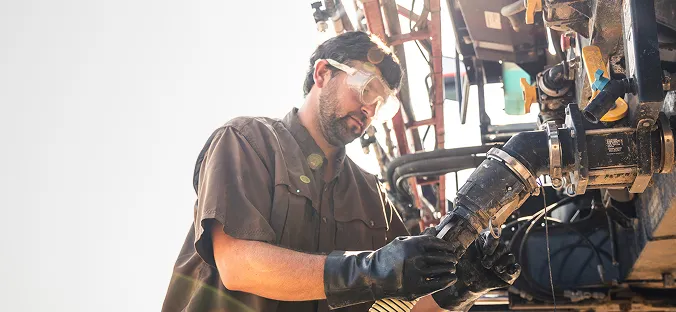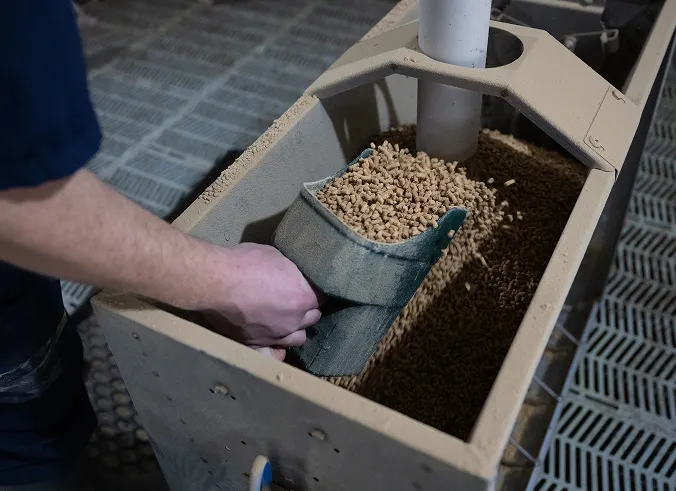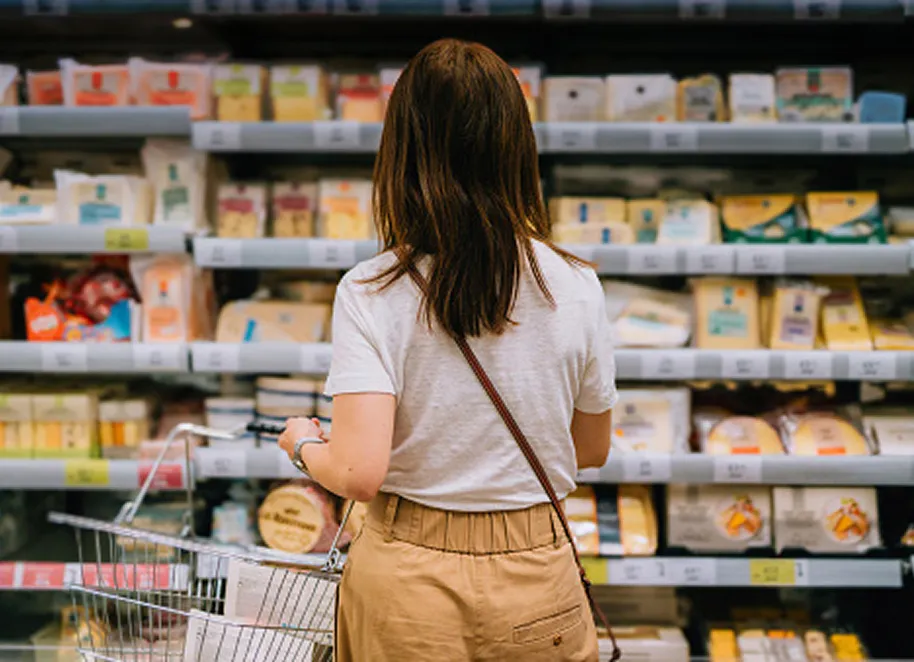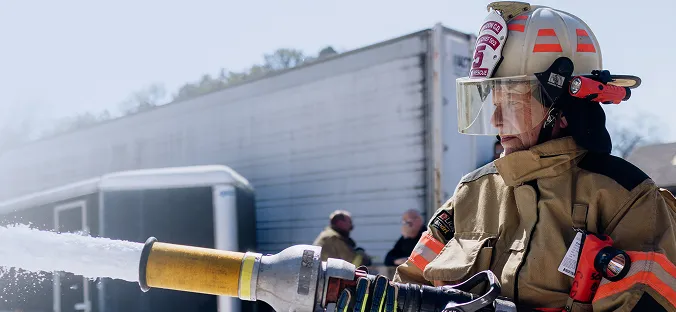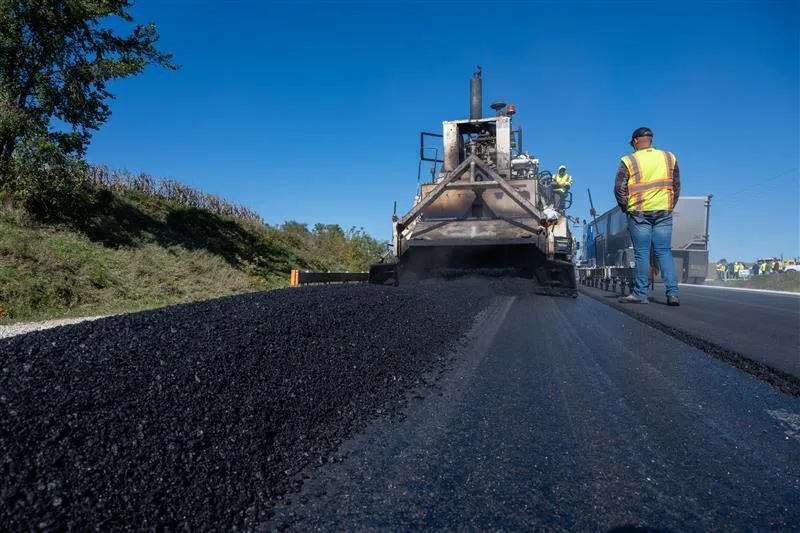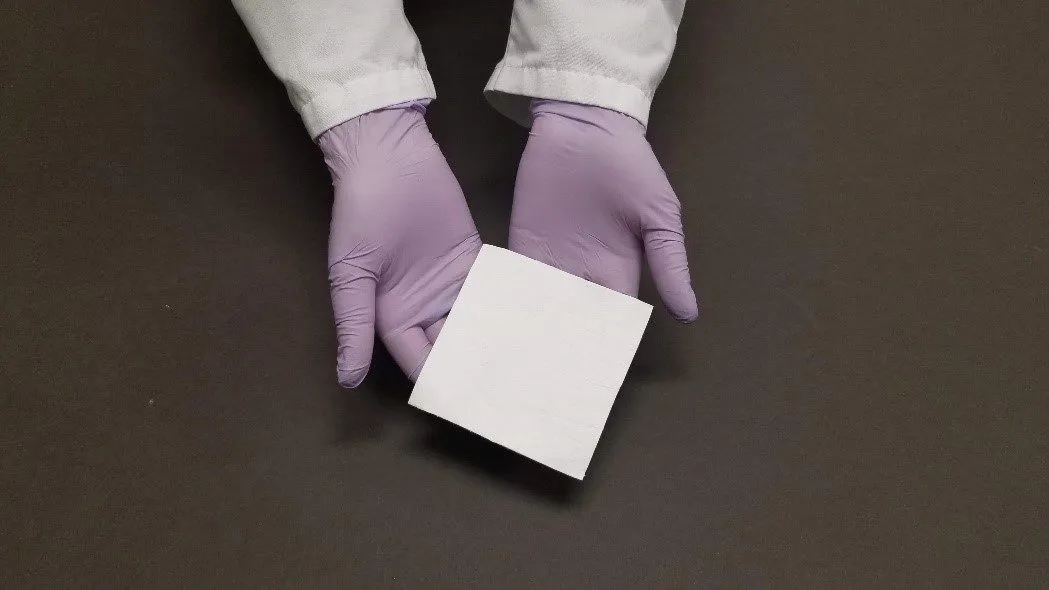U.S. Soy Innovation Challenge: Clean Label Solution’s Feed Helps Cows Eat Well
04.18.2024
Laura Temple
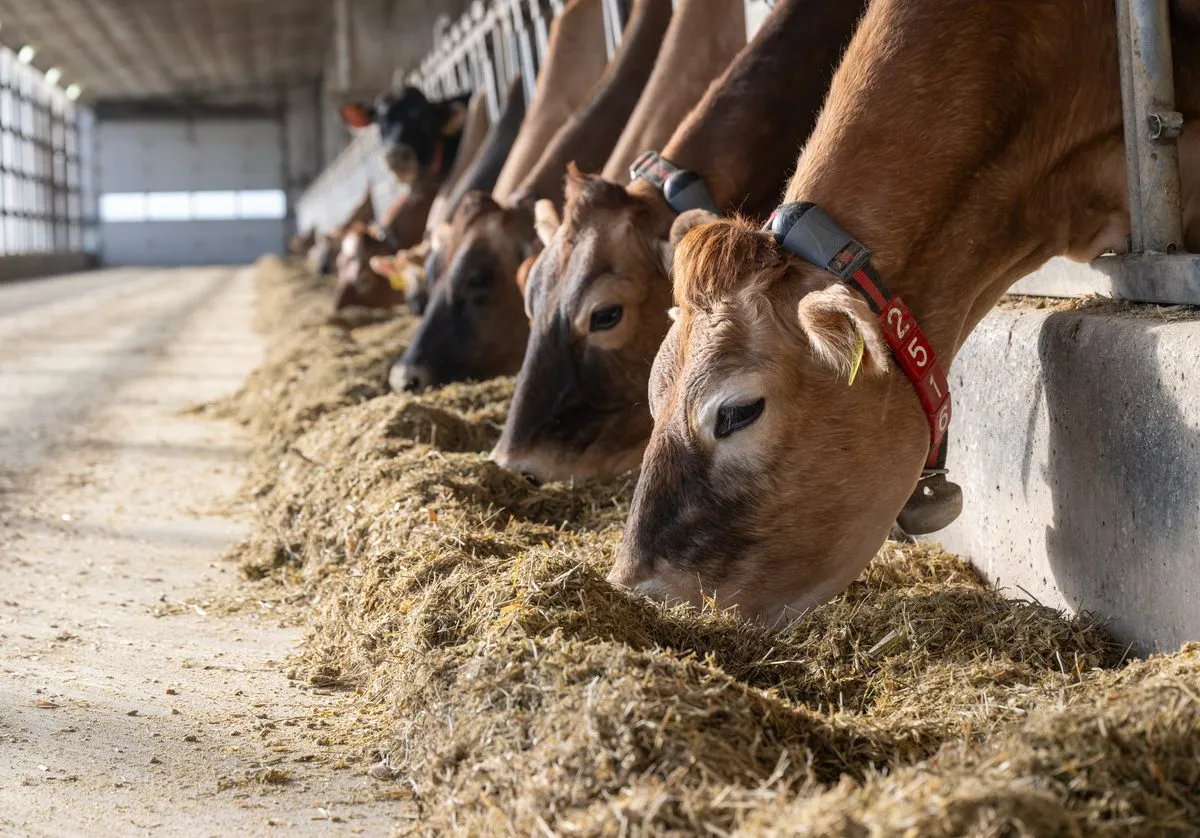
The United Soybean Board teamed up with The Yield Lab Institute and AWS Startups to create the Soy Innovation Challenge, where entrepreneurs use new technology and U.S. Soy to solve sustainability challenges. The Soy Innovation Challenge provides mentorship, networking, training and soy checkoff funding to advance their U.S. Soy solutions. Check out the innovations from the four finalists in this article series.
“Don’t eat _________! It’s not good for you. It will make you sick.”
Fill in the blank with anything from dog food or crayons to raw eggs or peanuts. Most everyone has heard some version of that statement from mothers, doctors or other experts.
Fortunately, that’s not what organic chemist and entrepreneur Mohammad (Mo) Arshadi, Ph.D., heard when he worked wtih soybeans for the first time.
“Soybeans are rare in Iran, my home country, but through my connections, I was able to trade soybeans and directly supply them to a soy processor who had struggled to provide them when I was a Ph.D. student,” Arshadi remembers. “I really like them. That sparked a passion for soybeans and inspired me to want to do something with them.”
In 2017, he moved to the United States, where soybeans are much more common, to do postdoctoral research at Cornell University. As a problem solver and a chemist, he focused on applying green, sustainable technologies in Cornell’s department of food chemistry, building on his organic chemistry education and experience at Isfahan University of Technology and Shiraz University.
Amid a variety of research projects, he learned about a soybean problem.
“I heard from dairy farmers that their cows couldn’t eat too many soybeans because the soybean oil was toxic to them,” he says. “I wondered why nature would put something toxic for cows into something as versatile and useful as soybeans.”
Cows Need Sustainable Nutrition
Soybeans deliver valuable nutrition to people and many animals because they contain both fatty acids and amino acids. Fatty acids provide energy. Amino acids serve as the building blocks of protein.
To produce the milk that becomes cheese, yogurt or ice cream, dairy cows need feed that supplies both energy and protein. U.S. Soy supplements dairy rations, but Arshadi believed it could do more.
“Currently, most dairy farmers include palm oil in dairy feed as a source of fat for energy,” he explains. “It’s less sustainable for dairy farmers in New York state and many other areas for several reasons.”
Arshadi notes that palm oil can’t be produced in the United States, so it must be imported. That alone adds costs and reduces sustainability. That applies in every country that imports palm oil. Palm oil production has also been identified as a driver of tropical deforestation.
“It’s better for costs and sustainability for feed ingredients to be sourced locally,” he continues. “I see acres of soybean fields near dairy farms in New York state.”
To solve this challenge, Arshadi developed a unique fermentation process for both whole soybeans and soybean meal that negates the toxicity farmers told him about. His technology allows cows to digest soybeans much more efficiently, so they can take full advantage of both the fatty acids and amino acids in soy.
He founded Clean Label Solution in 2019 to develop and bring this innovative technology, a line of Bi-Pass Pro+ feed products, to dairy farmers, allowing them to replace palm oil in their feed.
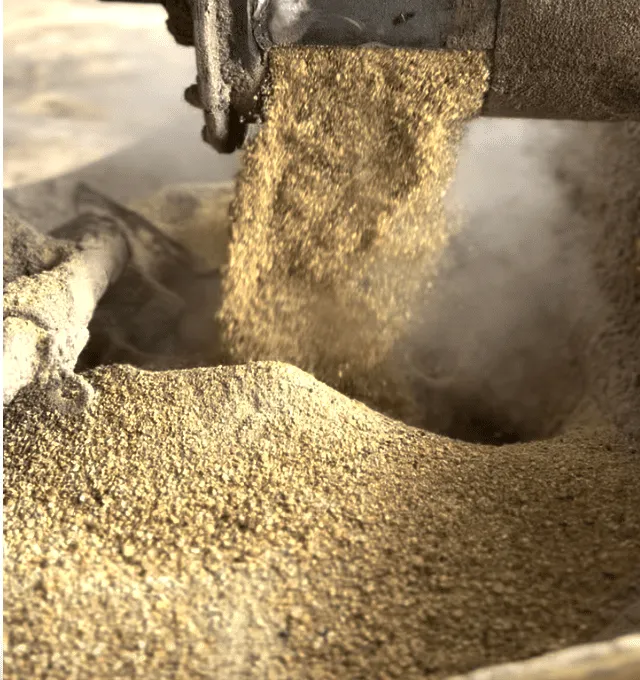
Eat Better, Perform Better
What’s true for students and athletes is also true for dairy cows. When they eat feed that can be digested more easily, they perform better.
Though it took time for Arshadi to convince a farmer to try his new soy feed ingredients because of the historical toxicity problems, the results were immediate.
“The first farmer who tried this soy solution saw milk production improve in three days,” he reports. “With this process, the cows can now digest the 30% of soy protein that otherwise passes through them without being absorbed. They save that protein and convert it to milk.”
In trials and experience with farmers, he has found that Bi-Pass Pro+ products from Clean Label Solution save about $0.30 per cow each day. That adds up quickly.
“We’re increasing productivity and sustainability, while decreasing costs,” Arshadi says. “That’s the heart of the mission of Clean Label Solution. We use disruptive technologies to provide low-cost, green and sustainable products to our customers.”
Local U.S. Soy Sourcing
Clean Label Solution started selling dairy feed products in 2023. The 4,000 tons, or more than 3,600 metric tons, of product sold to dairy farmers in New York state represents just the start of Arshadi’s vision for this technology.
“We also have solutions for the fish and shrimp feed markets, though we aren’t making those yet,” he says. “For now, the focus is on educating dairy farmers close to our production center in New York and identifying potential partners to work with in other states and areas with high dairy production in the U.S., Canada and Mexico.”
His participation in the Soy Innovation Challenge has allowed him to connect with more soybean farmers and others in the supply chain. That networking could help him identify potential source and production partners in the U.S. Midwest and other areas. The investment he earns through the Soy Innovation Challenge will support marketing activities and equipment improvements.
“We are currently setting up a production facility that is within 10 miles, 16 kilometers, of about 30,000 dairy cows,” Arshadi says. “We work with local soybean farmers to supply the soybeans to process, and then deliver them to local dairy farmers. I hope to replicate that business model in other areas.”
As Clean Label Solution expands, more dairy farmers will learn that soy can be good for cows. It doesn’t have to make them sick.
As dairy farmers rely on U.S. Soy as a more sustainable feed ingredient, more cows will benefit from soy nutrition. They will produce more milk, to supply all of us with more sustainable cheese and ice cream.

Check out the other finalists in the 2023 Soy Innovation Challenge:

Laura Temple
Contributing Editor USSOY.org

Ag communicator Laura Temple tells complex stories from the agriculture industry.
